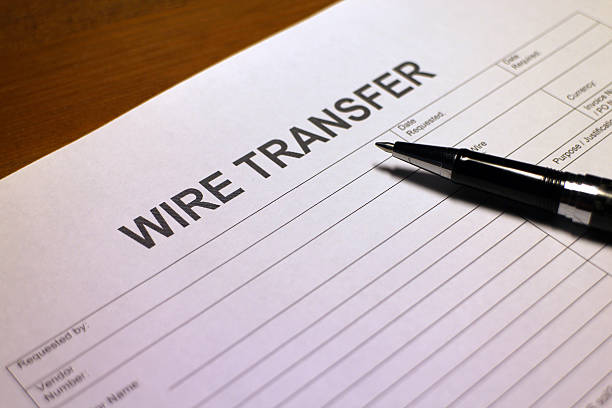Before we dive into the details, let's review the basics. A bank routing number is a unique nine-digit code used to identify financial institutions for various electronic transactions, including direct deposits, wire transfers, and automatic bill payments. Changing this number might be necessary for security reasons, changing banks, or consolidating accounts.
Changing Routing Numbers During a Pending Transaction: Challenges and Implications
Changing your bank routing number while a transaction is pending can present challenges and potential consequences:
Transaction Disruption: If you attempt to change your routing number while a transaction is pending, the transaction might be delayed or interrupted. This could impact various financial activities such as bill payments, direct deposits, or transfers.
Incomplete Transactions: Depending on the timing and the nature of the transaction, there's a possibility that the transaction might not be completed successfully if you change your routing number during the process.
Communication Required: To minimize disruptions, it's crucial to communicate with both your old and new banks about the pending transaction and the routing number change. This will help ensure a smooth transition.
Best Practices for Changing Routing Numbers During Pending Transactions
Assess Timing: Consider the timing of the pending transaction. If possible, wait until the transaction is completed before changing your routing number.
Contact Both Banks: Reach out to both your old and new banks to inform them about the pending transaction and your intention to change your routing number.
Hold Off on Changes: If the transaction is time-sensitive or involves a significant amount of money, it's advisable to hold off on changing your routing number until the transaction is completed.
Update Parties Involved: If you're unable to delay the routing number change, ensure you promptly update the routing number with all entities involved in the transaction, such as your employer or service providers.
Monitor Transactions: After the routing number change, closely monitor your accounts for any unexpected or unusual activity. This will help you identify and address any issues that might arise from the transition.
Conclusion
Changing your bank routing number is a decision that requires careful consideration, especially when you have pending transactions. While it's generally advisable to avoid changing your routing number during a pending transaction to prevent disruptions, there are situations where it might be necessary. By communicating with your banks, assessing the timing, and taking proactive steps to update relevant parties, you can navigate the process smoothly. Ultimately, the goal is to ensure that your financial transactions continue to operate seamlessly while you make the necessary adjustments to your banking information.
Frequently asked questions (FAQs) about routing numbers and account numbers, as well as how to change or update a bank routing number




